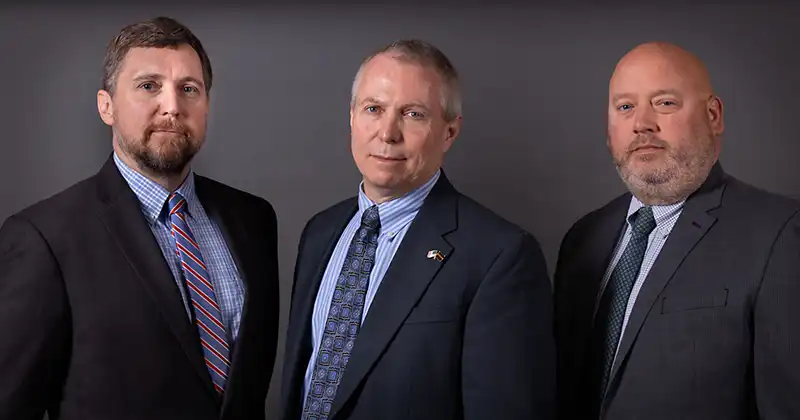The alleged need for “tort reform” has become a refrain in American political life. Yet for all the demonizing of trial lawyers, the reality is that product-liability litigation has become an ever more important means of keeping consumers safe.
Case in point: the current Toyota Motor Corp. recalls, with their attendant revelations of corporate obfuscation. This is only the most recent situation in which lethal defects have gone uncorrected for years at least in part because of insufficient government oversight.
In model after model, as we’ve now learned, car owner complaints were either minimized or ignored altogether by Toyota and by the regulatory agencies that were supposed to police the company. In one review of federal records, the Los Angeles Times found 2,600 complaints of sudden acceleration from 2000 to 2010 by Toyota and Lexus owners. And according to CBS, recently released internal company documents indicate that as far back as 2005 Toyota was tracing its sudden acceleration problem to its software-not to floor mats.
Yet for nearly a decade, neither Toyota nor federal regulators aggressively addressed the problem. Toyota is now likely to face a rising tide of class action lawsuits as consumers look to their historic fallback: the courts.
Regulation is crucial to the creation of a level playing field for consumers, particularly in this era of growing corporate power. But regulation alone has never been enough. Federal agencies such as the Food and Drug Administration (FDA), the Consumer Product Safety Commission and the National Highway Traffic Safety Administration have long been swamped by large workloads. And lobbyists are adept at weakening and fending off regulations.
The laissez-faire policies of the Bush administration only further weakened regulatory agencies by cutting funding and personnel, since such agencies were viewed as an impediment to private-sector growth. Government watchdogs soon found themselves so overwhelmed and undermanned that they could scarcely do their jobs.
Consider the FDA. By the mid-2000s, the FDA’s caseload extended to more than 11,000 existing drugs, some 100 new drugs a year, and a breadth of products from food to vaccines to medical devices that comprise approximately 25% of all consumer spending.
Resources were stretched so thin that a 2006 report on drug safety by the Institute of Medicine
of the National Academies found that the FDA simply couldn’t ensure the safety of new prescription drugs. The reasons given? Inadequate funds, cultural and structural problems, and “unclear and insufficient regulatory authorities.”
The FDA is just one example. Until April 2009, federal motor vehicle safety standards were so weak that many vehicles could comply and still sustain severe roof collapse from a force equivalent to a 5 mph parking lot collision. Similarly, drivers and passengers are far too frequently ejected in rear-end collisions because the minimum standard for automobile seatback strength is so low that many folding lawn chairs can pass the test.
The recession threatens to further starve the agencies responsible for consumer safety, even as the tough economic climate subjects manufacturers to brutal competition and discourages them from investing in product safety on their own.
As a result, consumers are increasingly left with the courts not only to compensate them when the regulatory system fails to protect them, but also to deter manufacturers from cutting corners in the future.
Product liability lawsuits have played a crucial role in ensuring public safety, encouraging-and sometimes compelling-manufacturers to put safety first. A 1988 survey of 264 CEOS of manufacturing companies found that a third had improved their product lines as a result of the threat of litigation, 35% had improved product safety, and 47% had improved warnings to consumers.
At the same time, such lawsuits have provided important assistance to agencies overseeing product safety. Litigation involving defective products has increased access by regulators and
the public to critical safety information about particular products. This has resulted in stronger regulations, safer new products, and the removal of dangerous products from the market. Just
last year, in Wyeth v. Levine, the Supreme Court noted that state tort suits “can serve as a catalyst” for regulatory action.
Litigation has not only advanced public safety, but has encouraged improvement in products almost too numerous to mention: air bags, seat belts, child safety seats, tires, minivan doors,
hot water vaporizers, children’s pajamas, farm machinery, firearms, building materials, tobacco products, intra-uterine contraceptive devices, tampons, sleeping pills, anti-depressants, pain medication, appetite suppressants and many more. Toyota is just another sign of how much work remains to be done.
Strong product liability laws remain vital to public health and safety-no matter how passionate the political debate on tort reform.
-Tagged from the February 24, 2010 issue of The Wall Street Journal, column written by Mark Robinson and Kevin Calcagnie

